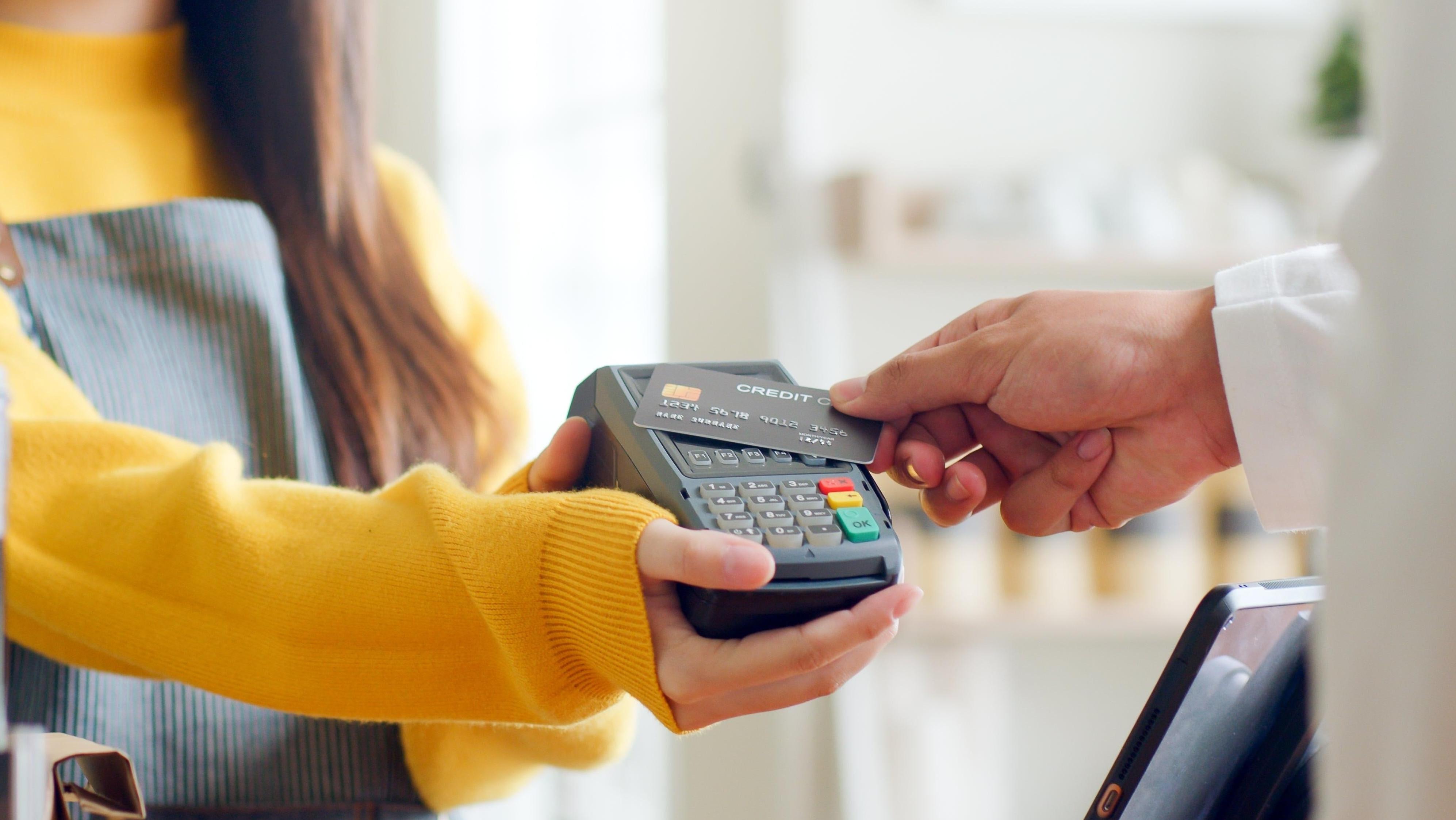Cashless Restaurants Are Bad For Humanity
Card-only policies might make some sense for businesses, but they disadvantage customers.
A less-than-pleasant man I once went on a date with had a catchphrase he said far too often in one night: "Cash is king." Instead of starting a tab at the bar, he paid in cash. When we went to split a dinner bill, he gave me cash for his half. When he went to put on a song at the jukebox, well, he wasn't able to play anything because it didn't accept cash. And more and more since that moment, cash has been stripped of its royal title as businesses have turned to card-only models. As many faults as this man had, and as annoying as that catchphrase was, he and everyone else should be able to use cash at restaurants, bars, and cafes if they want to.
Why some restaurants don’t accept cash
There is some obvious appeal on the business side for operating without cash. Most recently, cleanliness has caused cash-only establishments to implement card systems and caused other businesses to ditch cash entirely to avoid the hand-to-hand contact and potential spread of germs on the bills. But as CNBC pointed out at the onset of the pandemic, any form of payment, including cards, can be an issue if you're not washing your hands.
The card-only model also combats another side effect of the pandemic: a cash and coin shortage. At some businesses that rely on cash, there are still signs asking customers to pay in exact change because of the coin shortage. Ceasing to accept cash altogether means customers aren't burdened with providing exact change, and there's no burden on the company to keep cash stocked amid a shortage.
Without cash on hand, restaurants are also less at risk of theft, either from outside robberies or employees. Digital transactions are also easier to track, leaving less room for human error when totaling up the till at the end of the night or making deposits into the bank.
Yes, these are all perfectly fine (and understandable) reasons for restaurants to stick to a card-only model, but the result is a classist stipulation that's not as convenient for all customers as some restaurant owners like to think.
Cashless restaurants leave some people behind
The truth is, not everyone has access to debit or credit cards, and requiring all customers to provide one is to exclude not just lower-income customers, but also any unhoused and undocumented folks who rely on cash alone.
If someone can't walk into a coffee shop with a $5 bill to get a small coffee and a bagel, then it doesn't matter how affordable the offerings are—they're being withheld from an entire demographic willing and able to pay for them. In these cases, restaurants fail at providing food and drink to those who want or need it, and they also deprive those potential customers of humanity, of the ability to walk into a restaurant or cafe and treat themselves.
For the cold-hearted capitalism-first population out there, keep in mind how much potential business you're losing from people who only have cash on them. This group is composed of lots of different types of people, from young students who want an ice cream after school to tourists who either can't use international bank cards in the States or who budget cash for each day of their vacation.
And card-only policies are bad for the workers too. Cash tips are often much more reliable for servers, baristas, hosts, and other restaurant employees who need money in their pocket when they leave a shift to stay afloat. Cash tips are also more likely to remain untouched by managers and untaxed, yielding a greater reward.
Sure, not every restaurant is cashless—yet. But it's clear that cash is no longer king, and if more businesses adopt this model, it's only a matter of time before it's the norm. Before we go fully contactless with our transactions, we need to consider how everyone could be affected.
